Financial Advice from America's Founding Fathers
This President's Day, work toward financial independence by following these timeless money management tips from America’s founding fathers.

Donna LeValley
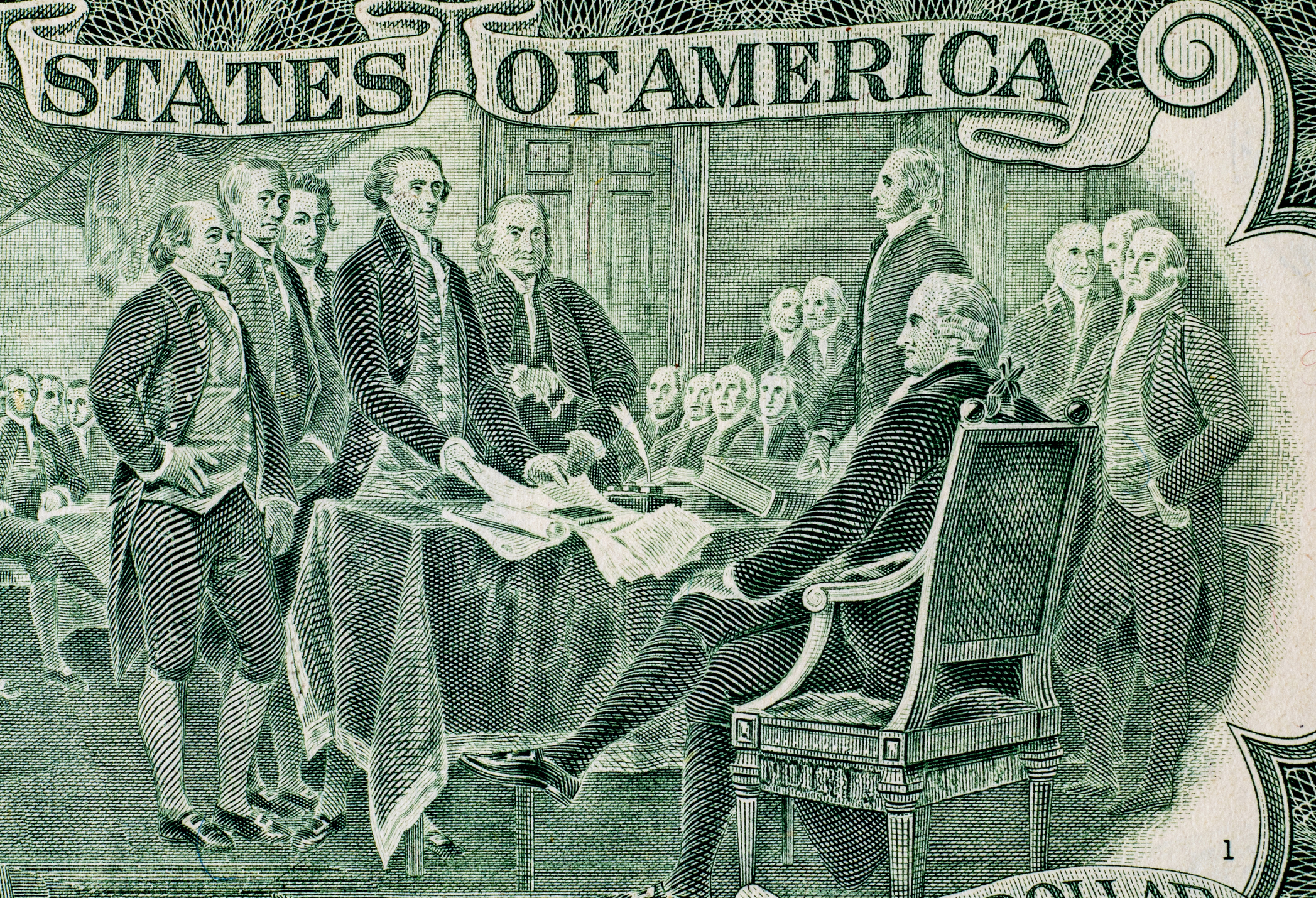
Profit and prosper with the best of Kiplinger's advice on investing, taxes, retirement, personal finance and much more. Delivered daily. Enter your email in the box and click Sign Me Up.
You are now subscribed
Your newsletter sign-up was successful
Want to add more newsletters?
Benjamin Franklin famously coined the phrase, "A penny saved is a penny earned." That's a good start.
To help you prosper even more, in honor of President's Day, consider what other founders of the United States of America had to say on the subject of personal finance. As you'll see, many of their ideas live on today in Kiplinger's advice to our readers. We hope their original calls to action inspire you to forge a path toward your own financial independence.
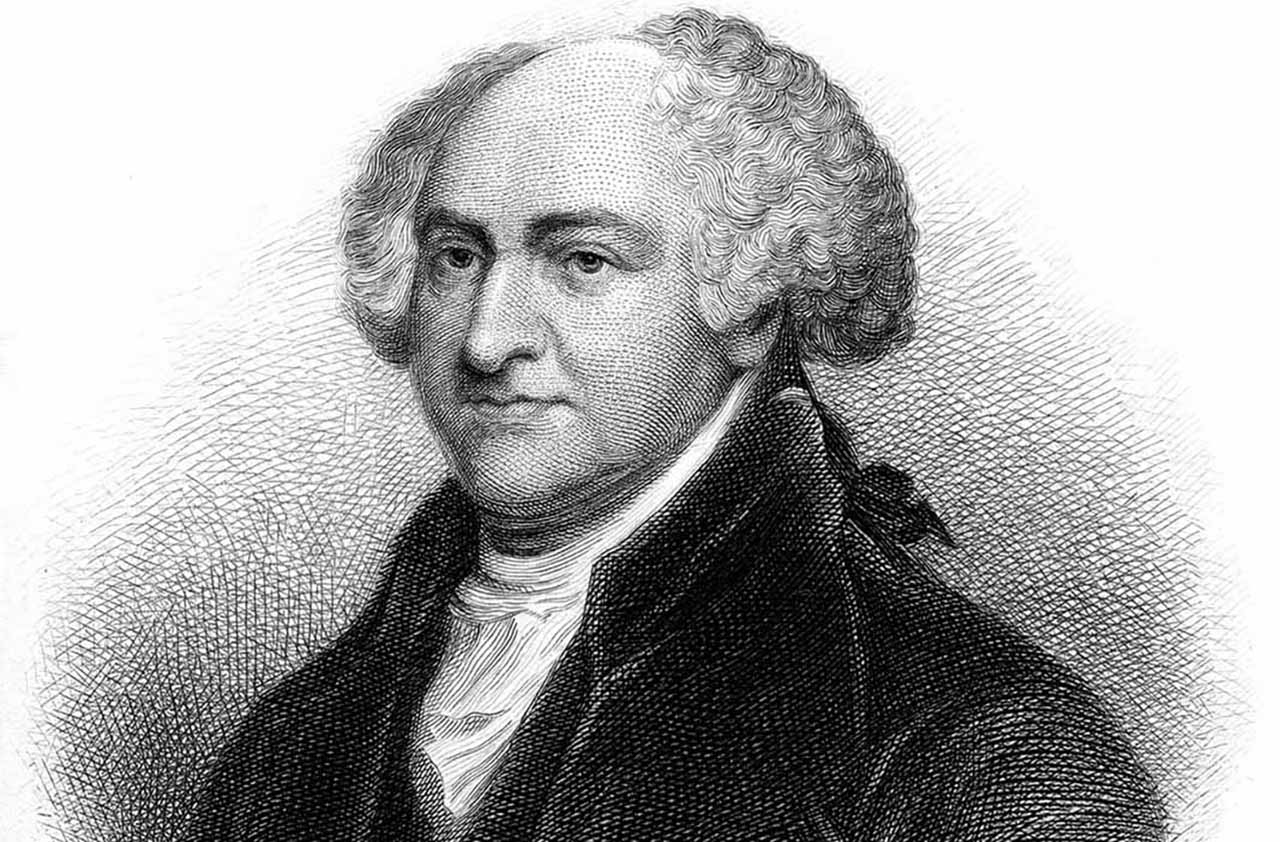
John Adams – On the importance of a financial education
"All the perplexities, confusion and distress in America arise not from the defects of the Constitution, not from want of honor or virtue, so much as from downright ignorance of the nature of coin, credit and circulation." – From a letter to Thomas Jefferson in 1787
With this declaration, Adams emphasizes the importance of financial literacy. Of course, we at Kiplinger very much support the idea that an informed public is one that understands the basics of the economy, especially as monetary policy influences so much of our lives.
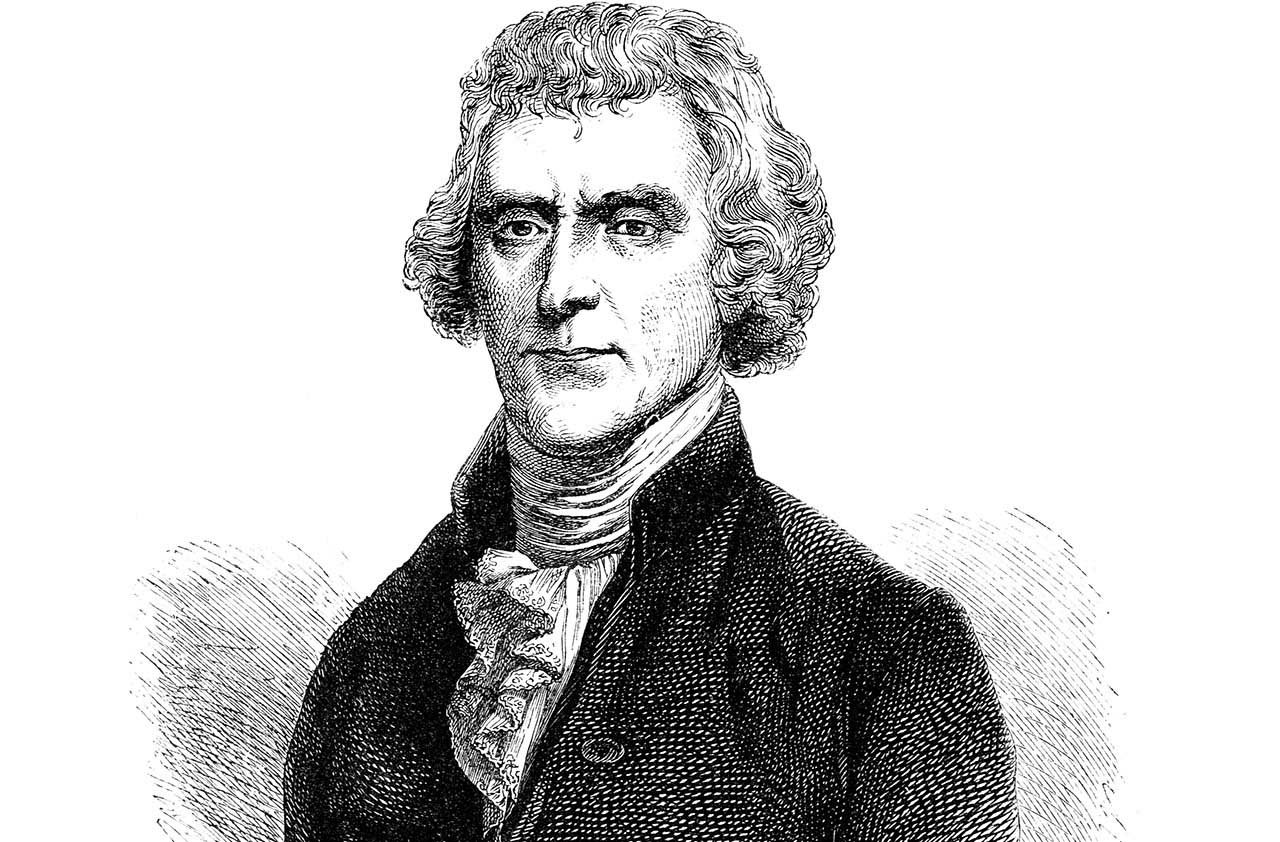
Thomas Jefferson - On the recipe for debt
“Never spend your money before you have earned it.”– From a letter Jefferson wrote to his granddaughter outlining 12 "Canons of Conduct in Life," 1811
Jefferson’s words of wisdom, which he shared in letters to his children and grandchildren, are still applicable more than two centuries later. Failing to live within your means leads to debt and financial insecurity, as Jefferson himself proved. (More on Jefferson below).
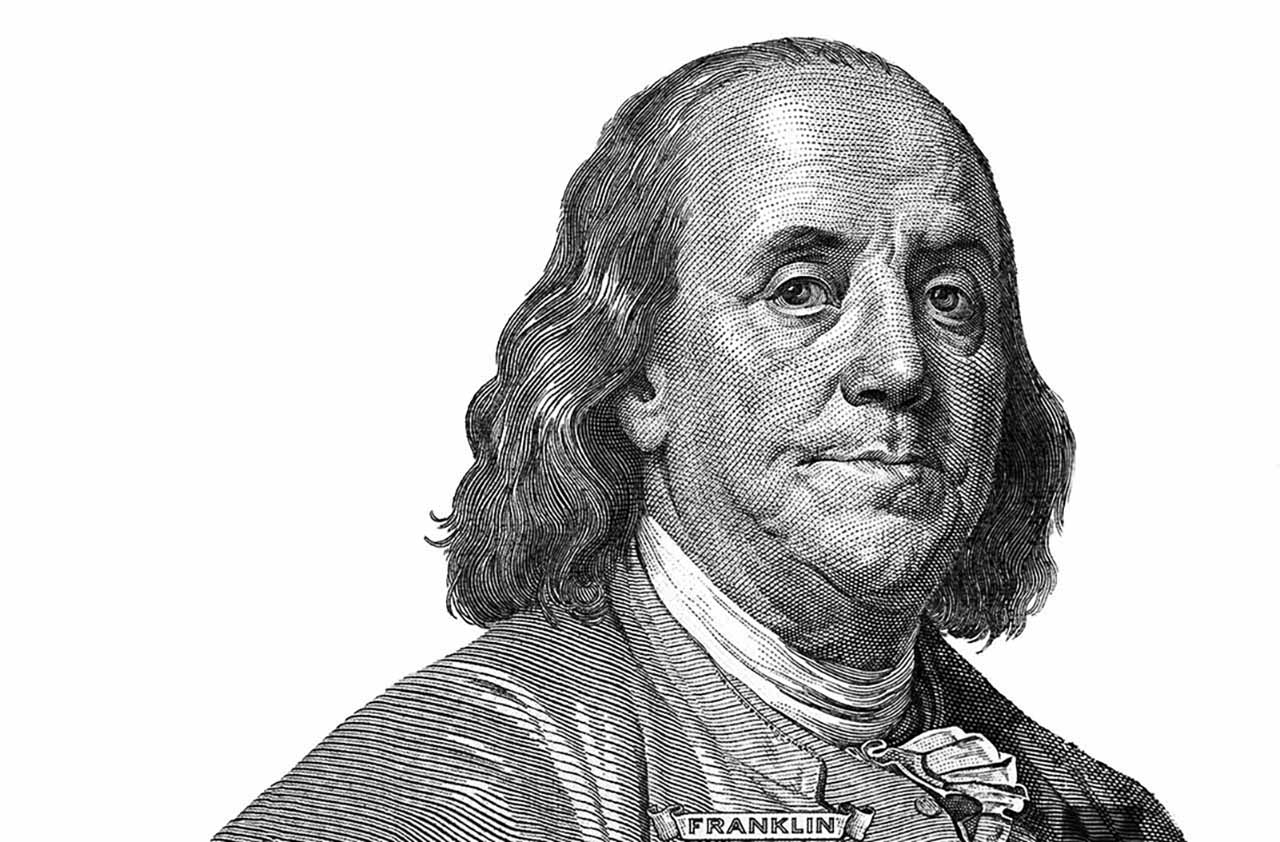
Benjamin Franklin – On the magic of compounding
"Remember that Money is of a prolific generating Nature. Money can beget Money and its Offspring can beget more, and so on. Five Shillings turn'd, is Six: Turn'd again, 'tis Seven and Three Pence; and so on 'til it becomes an Hundred Pound. The more there is of it, the more it produces every Turning, so that the Profits rise quicker and quicker." – From "Advice to a Young Tradesman, Written by an Old One," 1748
Indeed, compounding is magic, especially if you make use of it with a high-yield savings account or dividend stocks to continually grow your funds.
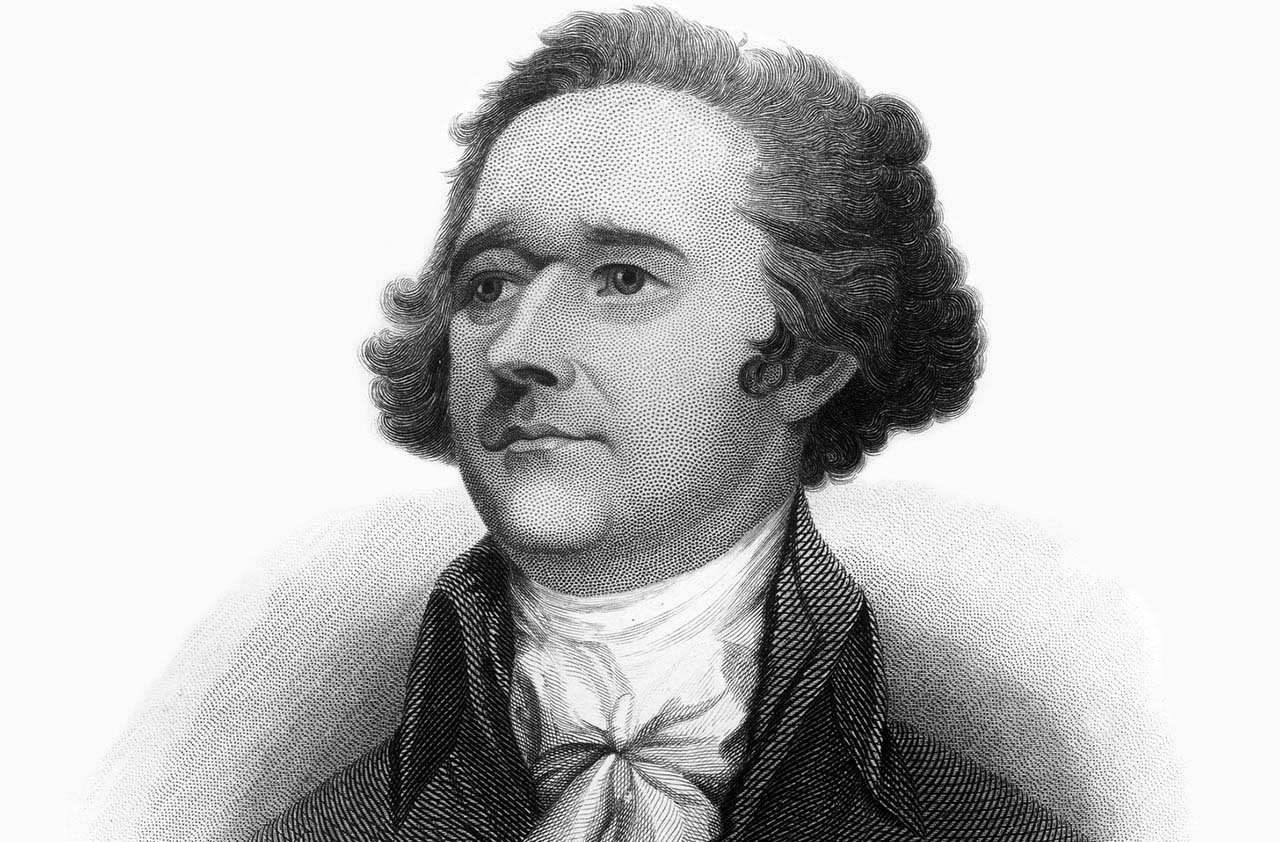
Alexander Hamilton – On sin taxes
"It is a singular advantage of taxes on articles of consumption that they contain in their own nature a security against excess. They prescribe their own limit, which cannot be exceeded without defeating the end purposed - that is, an extension of the revenue." – From the Federalist Papers, “Federalist No. 21”
Hamilton knew that consumers would pay extra for their indulgences. Imagine if he were alive today to see modern-day "sin" taxes covering everything from chocolate to champagne.

Abigail Adams – On the importance of education
"Learning is not attained by chance, it must be sought for with ardor and attended to with diligence." – Letter to John Quincy Adams, 1780
John Adams's 1787 letter to Jefferson would echo this point from this Founding Mother. If you really want to know about finances, you have to actively seek information and take the time to understand it. And, as Abigail Adams wrote, it's not a one-and-done process – education happens continually, and it's important to stay up to date and informed.
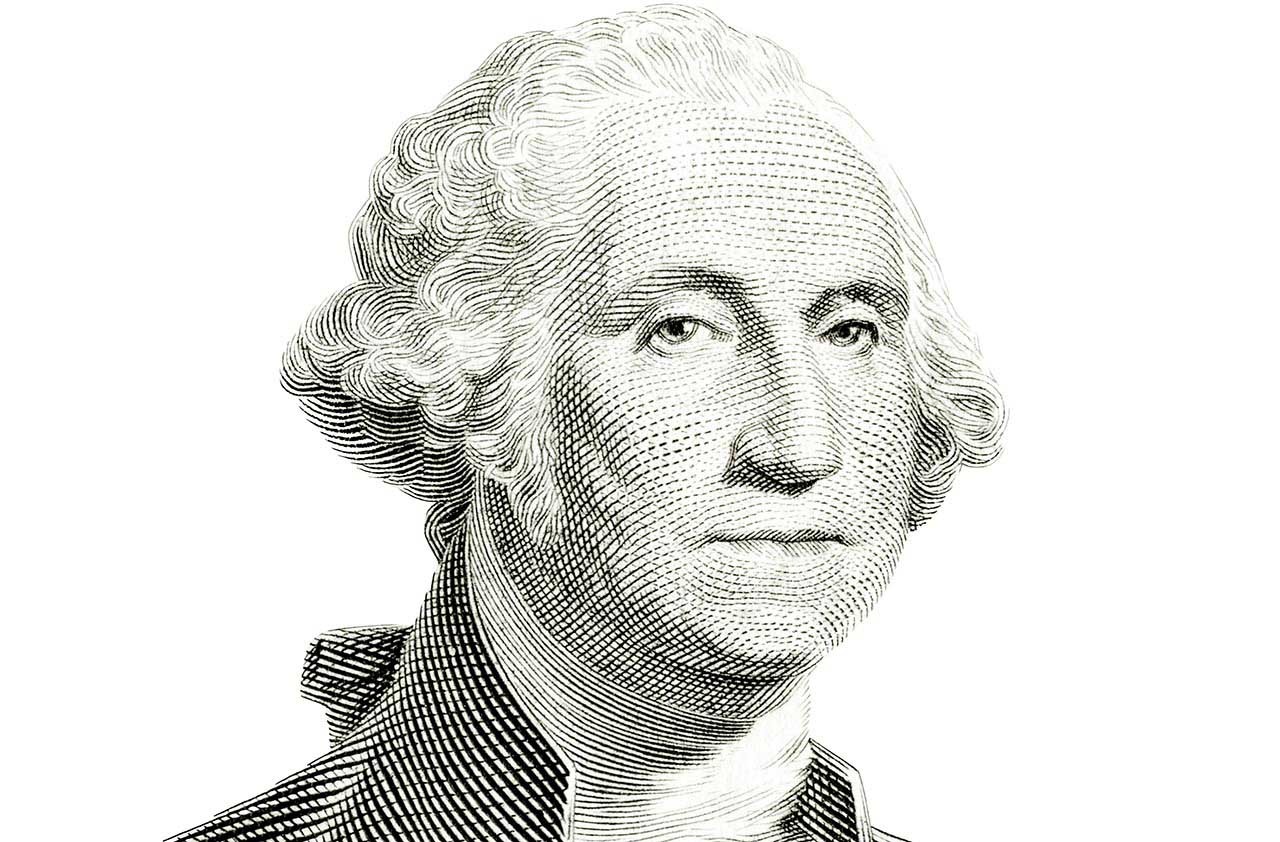
George Washington – On tracking your expenses
George Washington was a man of few words, but his actions — and old Library of Congress records — speak for themselves. Washington was a stickler about keeping track of his money. When he was appointed commander-in-chief of the Continental Army in 1775, he did not accept a salary. Instead, he agreed to reimbursement of his expenses after the war.
Congress readily agreed to his request — and, naturally, he proceeded to record just about everything. From brooms to mutton to payment to his soldiers, Washington was a meticulous record keeper. Although some of his founding fellows died in debt, Washington went down in history as one of the richest men of his time. Today, you can trade the ink and quill for a budgeting app on your phone that makes keeping track of your spending easier than ever.

Franklin – On certainties
"In this world nothing can be said to be certain, except death and taxes." – From a 1789 letter to French scientist Jean-Baptiste Leroy
Yikes, two inevitable horrors – death and taxes. What could be worse? Death taxes, otherwise known as estate taxes, which can be levied by both the federal government and your state, depending on the size of your estate.

Alexander Hamilton (the Musical) – On building your career early in life
In the opening song of the Broadway musical Hamilton, John Laurens, a famous Revolutionary War soldier, exclaims of Alexander Hamilton, “The ten-dollar founding father without a father got a lot farther by working a lot harder, by being a lot smarter, by being a self-starter. By fourteen, they placed him in charge of a trading charter.”
There is lyrical truth to Laurens’ words. Hamilton was born to his single mother in the West Indies and was orphaned in childhood. At the age of 14, he began working as a clerk at a local import-export firm, Beekman and Cruger. When the owner was at sea, he was placed in charge of the firm for five months before he moved to New Jersey.
His work ethic and early managerial experience put him on career path to greatness. One of his most notable achievements was being appointed the first secretary of the Treasury. He also introduced plans for a United States Mint.

Marquis de Lafayette – On careful deliberation
"I read, I study, I examine, I listen, I think, and out of all that I try to form an idea into which I put as much common sense as I can." – From a letter to his father, 1776
The French aristocrat and military officer probably isn't the first person that comes to mind as a “Founding Father,” but Lafayette played a pivotal role in securing American independence. A trusted confidant of Washington, he provided a critical channel of French support for the colonists. Lafayette was hailed as a “Hero of Two Worlds” when he returned to his home across the Atlantic.
Throughout his life, he showed the value of carefully studying any situation and determining all possible outcomes to arrive at the best possible decision – whether that be military strategy in 1777 or investing in 2024.
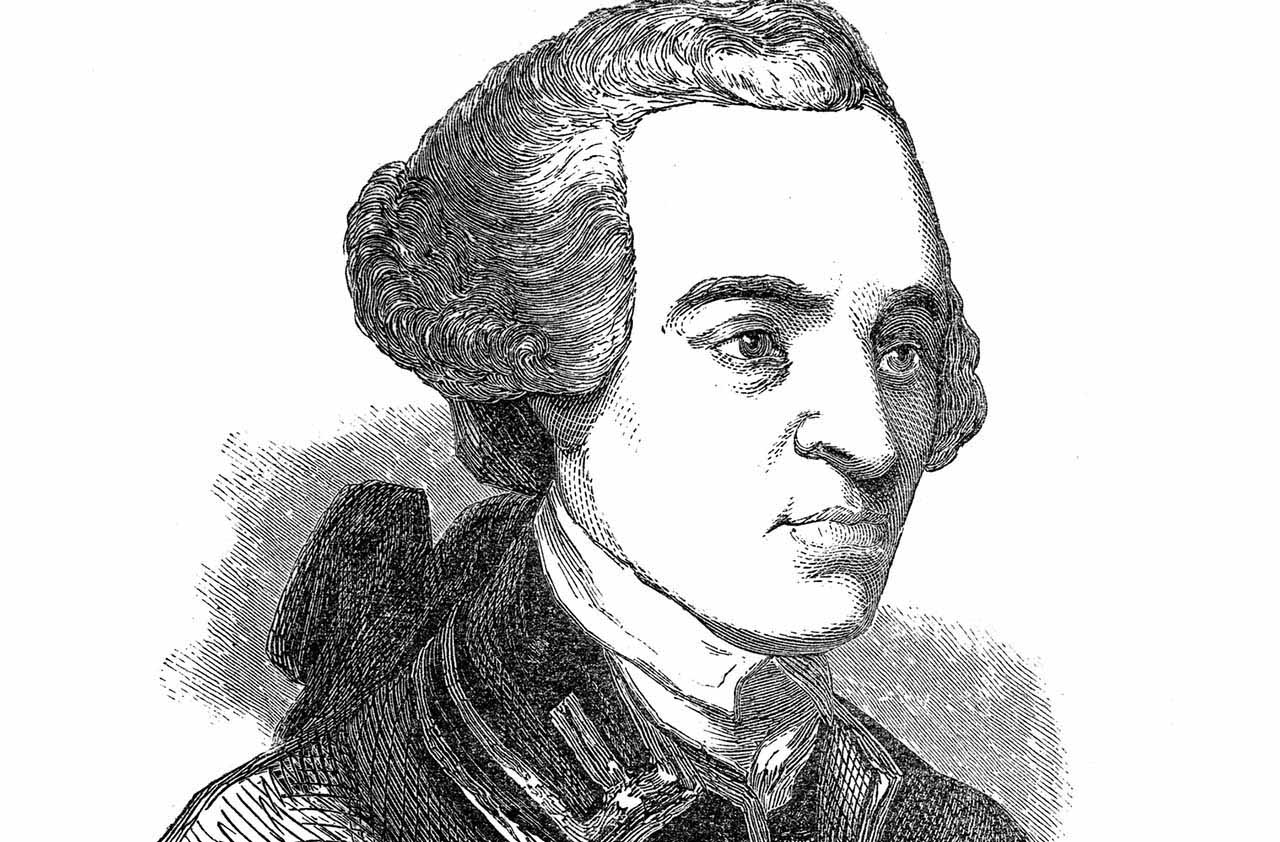
John Hancock – On having (and not having) money
“I find money some way or other goes very fast. But I think I can reflect it has been spent with satisfaction and to my own honour.” – From letter to his uncle, 1761
John Hancock might be remembered for his iconic signature today, but he also knew a thing or two about money. He inherited a hugely successful mercantile business from his uncle, making him one of the wealthiest men in the American Colonies. In 2007, Forbes magazine estimated his net worth (in today's dollars) was around $19.3 billion. Yet, he still understood how quickly a fortune could disappear without wise budgeting and planning.

Jefferson – On living within your means
"But I know nothing more important to inculcate into the minds of young people than the wisdom, the honor, and the blessed comfort of living within their income, to calculate in good time how much less pain will cost them the plainest stile of living which keeps them out of debt, than after a few years of splendor above their income, to have their property taken away for debt when they have a family growing up to maintain and provide for." – From a letter to his daughter Martha Jefferson Randolph in 1808
Jefferson knew what he was talking about. He not only inherited debt from his father-in-law, but he also lived way beyond his means. When he died, it’s estimated he still owed about $107,000, estimated to be about $2.6 million in today's dollars.

Franklin – On enjoying the wealth you earn
“Wealth is not his that has it, but his that enjoys it.”- From Franklin's book, Poor Richard's Almanack, 1736
Franklin published Poor Richard’s Almanack under a pseudonym as a book of instructions and advice for commoners. The book included life tips, as well as recipes, a calendar, and other tools.
In it, he brings up a good argument: What’s the point of working hard if you don’t use what you’ve earned to splurge on yourself now and then?
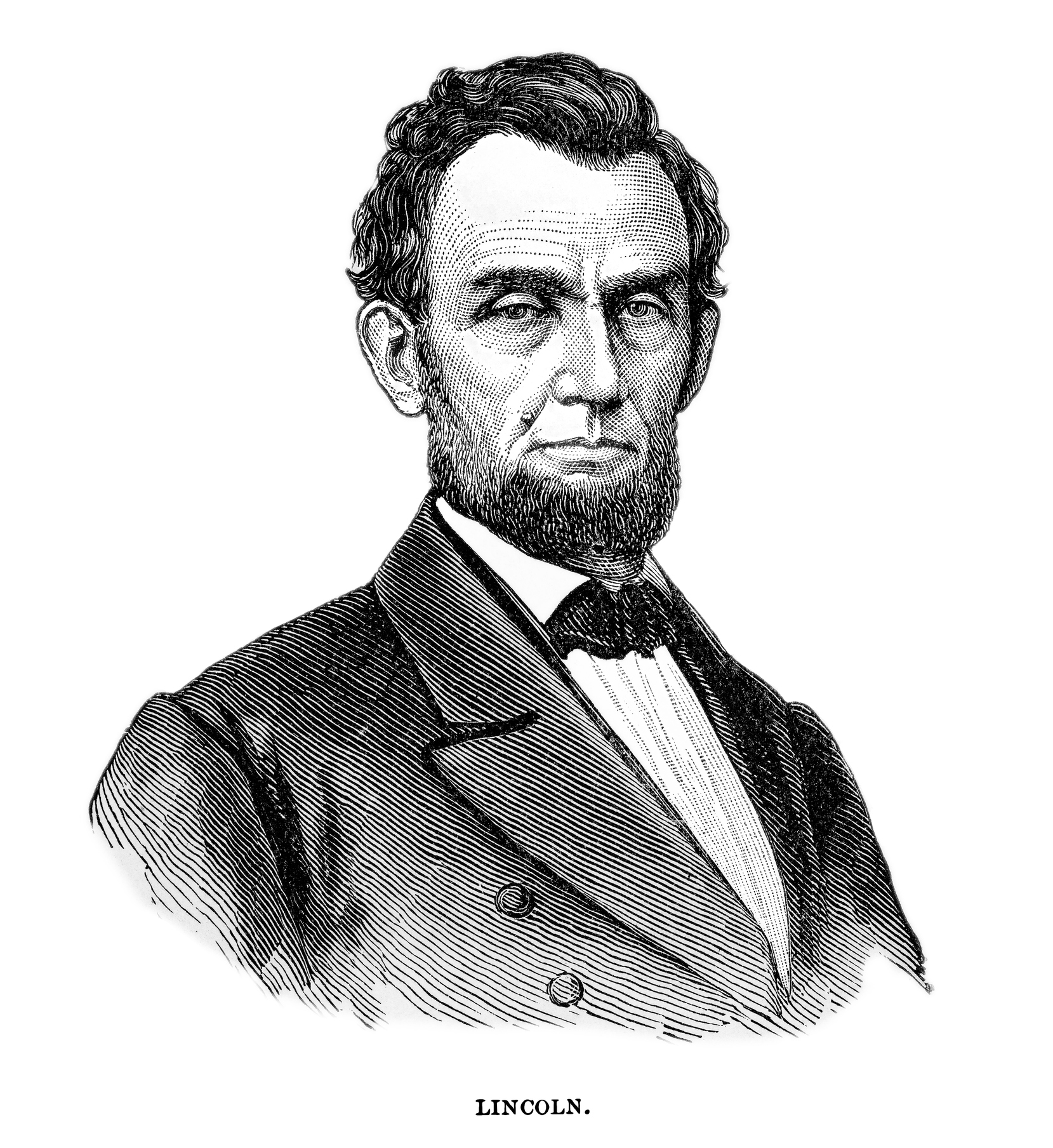
Abraham Lincoln- On facing your responsibilities
“You cannot escape the responsibility of tomorrow by evading it today.” In a letter to then-Secretary of War Edward Stanton, 1864
Although Lincoln wasn't at the founding, he was the president who kept the Union together when America faced up to the issue of slavery; he deserves an honorable mention.
Our 16th president’s words are especially relevant when it comes to dealing with debt, a responsibility you owe a creditor tomorrow for money you borrow today.
We have all made sacrifices today for a better tomorrow. Some people drove old cars, some never went on vacations, and some took second jobs. Why? We did it because we knew saving meant that in the future we could buy a house or help children go to college. It's often worth postponing today’s wants to reap a better reward tomorrow.
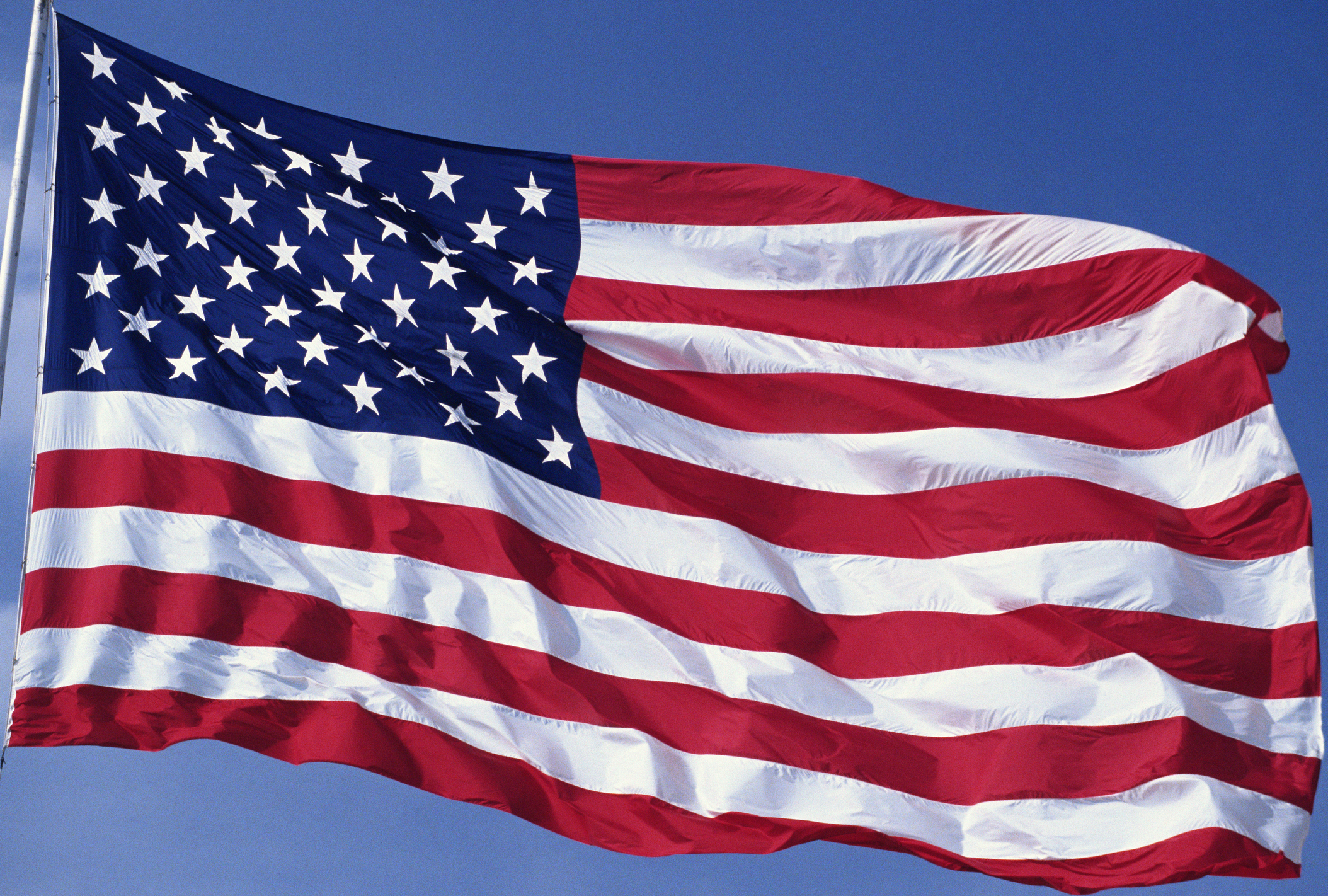
Profit and prosper with the best of Kiplinger's advice on investing, taxes, retirement, personal finance and much more. Delivered daily. Enter your email in the box and click Sign Me Up.

- Donna LeValleyRetirement Writer
-
 4 High-End Experiences Worth the Splurge After 50
4 High-End Experiences Worth the Splurge After 50These curated date ideas provide the perfect backdrop for couples ready to enjoy the very best that the world has to offer.
-
 Health Care Stocks Have Sagged. Can You Bet on a Recovery?
Health Care Stocks Have Sagged. Can You Bet on a Recovery?The flagging health care sector has perked up a bit lately. Is it time to invest?
-
 Costco's Auto Program: Can Membership Pricing Really Save You Money on a Car?
Costco's Auto Program: Can Membership Pricing Really Save You Money on a Car?Costco's Auto Program can simplify the car-buying process with prearranged pricing and member perks. Here's what to know before you use it.
-
 What Is an Assumable Mortgage and Could It Save You Thousands?
What Is an Assumable Mortgage and Could It Save You Thousands?With mortgage rates still elevated, taking over a seller’s existing home loan could lower monthly payments — if the numbers work.
-
 Have You Fallen Into the High-Earning Trap? This Is How to Escape
Have You Fallen Into the High-Earning Trap? This Is How to EscapeHigh income is a gift, but it can pull you into higher spending, undisciplined investing and overreliance on future earnings. These actionable steps will help you escape the trap.
-
 I'm a Financial Adviser: These 3 Questions Can Help You Navigate a Noisy Year With Financial Clarity
I'm a Financial Adviser: These 3 Questions Can Help You Navigate a Noisy Year With Financial ClarityThe key is to resist focusing only on the markets. Instead, when making financial decisions, think about your values and what matters the most to you.
-
 Where Olympians Store Their Medals is a Great Lesson For Your Valuables and Cash
Where Olympians Store Their Medals is a Great Lesson For Your Valuables and CashWhat you can learn about protecting your cash and values from where Olympians store their medals.
-
 An Executive's 'Idiotic' Idea: Skip Safety Class and Commit a Federal Crime
An Executive's 'Idiotic' Idea: Skip Safety Class and Commit a Federal CrimeSeveral medical professionals reached out to say that one of their bosses suggested committing a crime to fulfill OSHA requirements. What's an employee to do?
-
 How You Can Use the Financial Resource Built Into Your Home to Help With Your Long-Term Goals
How You Can Use the Financial Resource Built Into Your Home to Help With Your Long-Term GoalsHomeowners are increasingly using their home equity, through products like HELOCs and home equity loans, as a financial resource for managing debt, funding renovations and more.
-
 How to Find Free Money for Graduate School as Federal Loans Tighten in 2026
How to Find Free Money for Graduate School as Federal Loans Tighten in 2026Starting July 1, federal borrowing will be capped for new graduate students, making scholarships and other forms of "free money" vital. Here's what to know.
-
 First the Penny, Now the Nickel? The New Math Behind Your Sales Tax and Total
First the Penny, Now the Nickel? The New Math Behind Your Sales Tax and TotalRounding Tax A new era of "Swedish rounding" hits U.S. registers soon. Learn why the nickel might be on the chopping block, and how to save money by choosing the right way to pay.
